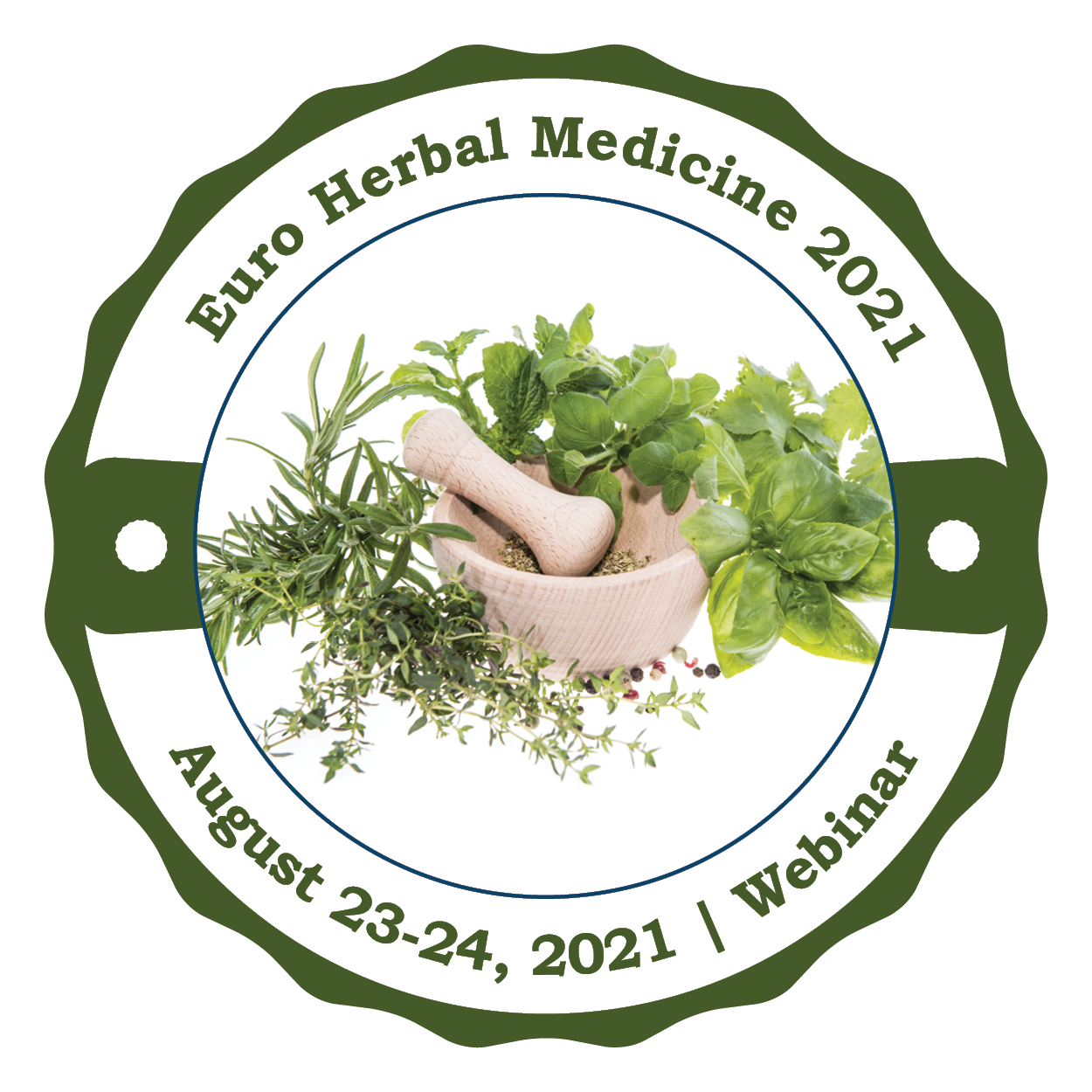
Dr. Eliana Rodrigues
Center for Ethnobotanical and Ethno pharmacological Studies Institute of Environmental Sciences, Chemical and Pharmaceutical’ Universidade Federal de São Paulo, Brazil.
Title: Traditional medicines in brazil Some examples of prevention, diagnosis and treatment
Biography
Biography: Dr. Eliana Rodrigues
Abstract
In Brazil, Traditional Medicines are practiced by indigenous ethnic groups, mainly those that are still isolated or moderately isolated from other cultures. Currently, there are about 896,900 indigenous people distributed in 305 ethnic groups spread across Brazil’s six main biomes, comprising 55.000 angiosperm plants. To date, about 26 of these indigenous nations have had their medicines registered by academic science, totalizing 358 plant species used to treat complaints and/or different diseases that may act actively on the Central Nervous System. For 157 (43,8%) of them, studies have been conducted to verify the efficacy and/or safety of its uses. Healing practitioners in these medicines are generically called shamans, but in each culture one can observe names that respect the language of the ethnicity involved, such as kuiã (Bororo Indians), wajacá (Krahô), paye (Kamayurá) and xapiri thëpë (Yanomami). They usually have the double role as healer and sorcerer; the latter being related to the protection of the community members. The initiation to become a shaman occurs in many ways: in some Indigenous nations it is considered that the individual is born with this gift, in others, through orientations that are received from the supernatural world, finally, by the invitation of a spiritual entity. In large part, during the initiation process, they carry out food fasting or deprivation, social isolation and use of psychodysleptic plants. The acquisition of knowledge about plants/fungi - and in lesser expression, animals - for medicinal purposes occurs: by transmission between generations, by clues about the organoleptic characteristics of these resources, by observing the relationship between animals and plants, by intuition, and others. The acquisition of this knowledge is dynamic, therefore, new elements are incorporated into daily medical practice, from experiments using particular methods. Part of this knowledge is disclosed among the community members, especially those involving safety, such as; plants that are abortive, toxic, or have any restrictions on use. Names and classifications given to plants/fungi/animals used in these practices; as well as the concepts of: illness/cure/remedy is particular to each ethnicity, being explained within its cosmology, not being susceptible of generalizations. Even so, a few examples will be addressed during the talk. The etiology of diseases, within magical causality, may be of physical, psychological, social and spiritual order.

